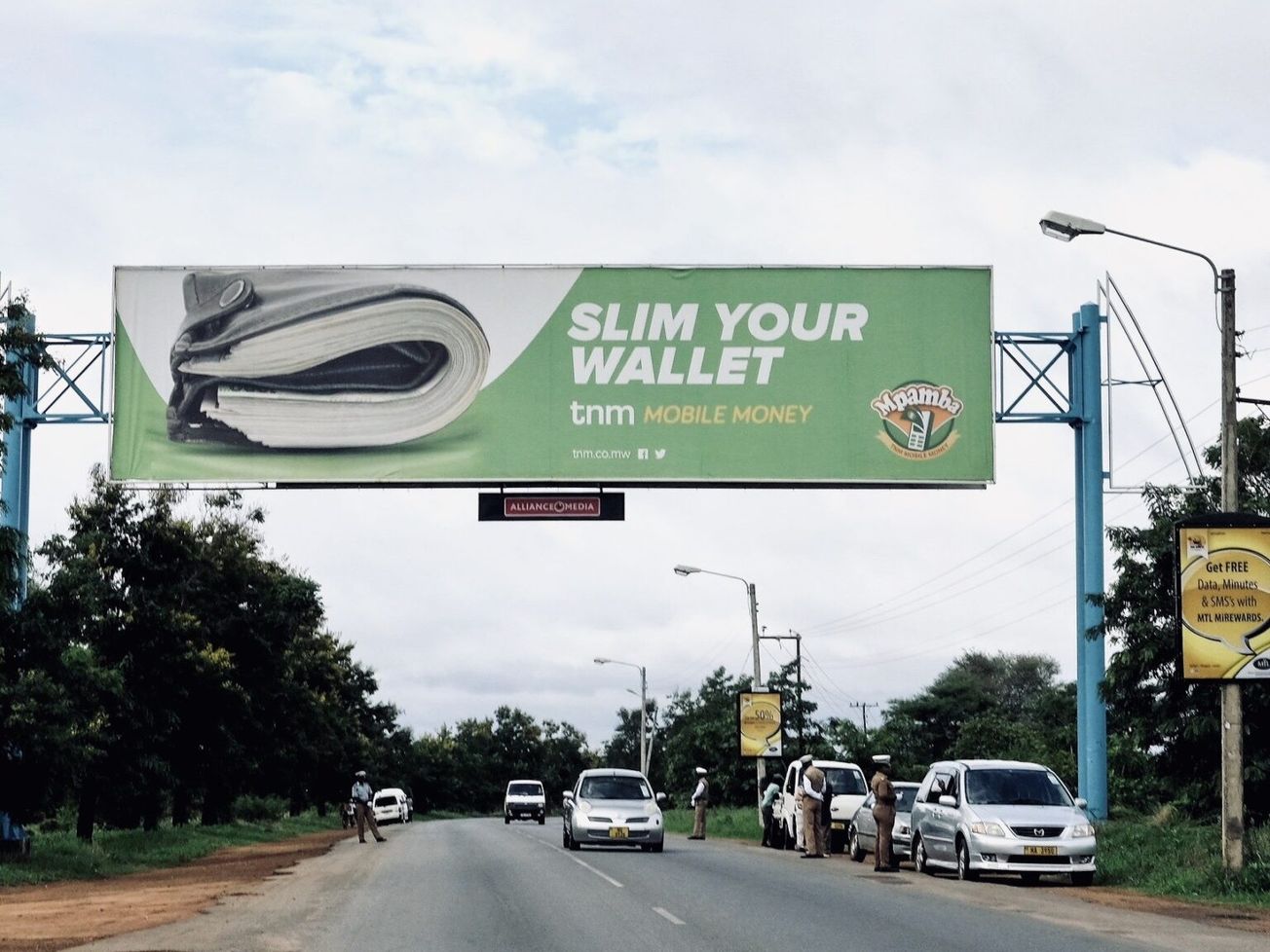The world's largest international police organization warned on Monday that organized crime groups have infiltrated Africa's burgeoning billion-dollar mobile money industry as a platform for human trafficking, money laundering and the global drug trade.
Interpol's report said criminals' exploitation of Africans' growing reliance on mobile phones for banking and commerce has led to alarming rises in fraud, extortion, terrorism and illegal wildlife trade. It urged a crackdown on organized crime's ability to "exploit weaknesses in regulations and identification systems."









